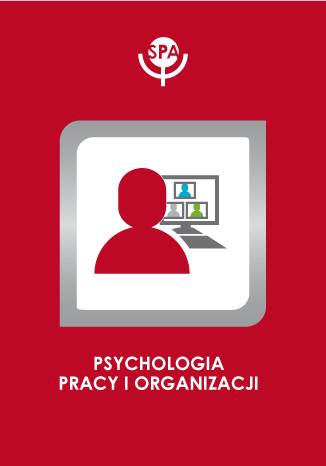Array
(
[id] => 656
[date] => 2019-06-30
[doi] =>
[title] => Model Stylu Twórczego Zachowania a poziom innowacyjności przyszłej pracy studentów
[title_en] => THE STYLES OF CREATIVE BEHAVIOR MODEL AND STUDENTS’ FUTURE INNOVATIVE BEHAVIOR
[authors] => Andrzej Strzałecki, Artur Domurat
[abstract] => The senior author’s Style of Creative Behavior (SCB) Model and The Creative Behavior Questionnaire (CBQ) were used to study students’ (N=200) preferences regarding future employment. It was hypothesized that innovative character of students’ future choices of profession could be explained on the basis of their present creative potential. The dependent variables were: 1. scores on the Scale of the Innovativeness of Future Profession” (Cronbach alpha=.80), and 2. preferences regarding future employment: A. Manager, B. Entrepreneur, C. Employee. The independent variables were five factors of the CBQ: 1. Strength of Ego (alpha=.874), 2. Flexibility of Cognitive Processes (alpha=.889). 3. Internal Locus of Evaluation (alpha=.882), 4. Self-realization (alpha=.904), 5. Appreciation of Life (alpha=.895). The hypotheses regarding the relation of the CBQ scores to the level of innovation of the future work and the position were partly corroborated: three factors correlate significantly: Self-realization (r=.266,p<.01), Internal Locus of Evaluation (r=.229, p<.01), and Flexibility of Cognitive Processes (r=.211, p<.01). This pattern corresponds well to the results obtained so far on the role of the CBQ factors in the success of innovative entrepreneurship and effective management. Furthermore it is remarked that people’s innovative occupational prospects are a manifestation of their psycho-transgression. The article ends with the discussion of the effective personality syndrome in creative behavior.
[abstract_en] => The senior author’s Style of Creative Behavior (SCB) Model and The Creative Behavior Questionnaire (CBQ) were used to study students’ (N=200) preferences regarding future employment. It was hypothesized that innovative character of students’ future choices of profession could be explained on the basis of their present creative potential. The dependent variables were: 1. scores on the Scale of the Innovativeness of Future Profession” (Cronbach alpha=.80), and 2. preferences regarding future employment: A. Manager, B. Entrepreneur, C. Employee. The independent variables were five factors of the CBQ: 1. Strength of Ego (alpha=.874), 2. Flexibility of Cognitive Processes (alpha=.889). 3. Internal Locus of Evaluation (alpha=.882), 4. Self-realization (alpha=.904), 5. Appreciation of Life (alpha=.895). The hypotheses regarding the relation of the CBQ scores to the level of innovation of the future work and the position were partly corroborated: three factors correlate significantly: Self-realization (r=.266,p<.01), Internal Locus of Evaluation (r=.229, p<.01), and Flexibility of Cognitive Processes (r=.211, p<.01). This pattern corresponds well to the results obtained so far on the role of the CBQ factors in the success of innovative entrepreneurship and effective management. Furthermore it is remarked that people’s innovative occupational prospects are a manifestation of their psycho-transgression. The article ends with the discussion of the effective personality syndrome in creative behavior.
[keywords] => creative behavior, behavior styles, innovative behavior
[keywords_en] => creative behavior, behavior styles, innovative behavior
[file_path] => /files/articles/2009-15-model-stylu-twrczego-zachowania-a-poziom-innowacyjnoci-przyszej-pracy-studentw.pdf
[okladka] => psychologia_pracy_i_organizacji.jpg
[rocznik] => Rocznik: 2009 Tom: 15 Numer: 1
[strony] => 141-152
)










 Pobierz pełny tekst
Pobierz pełny tekst



